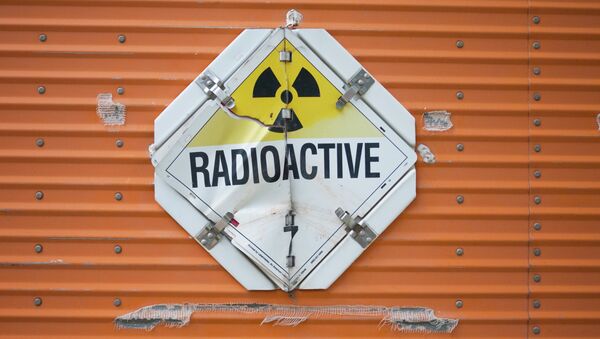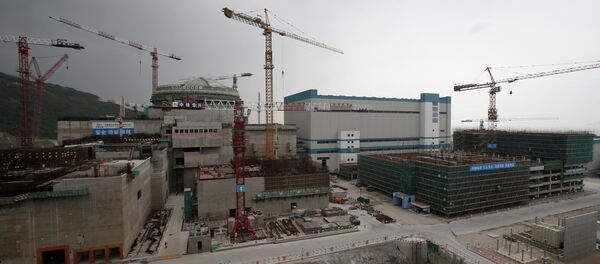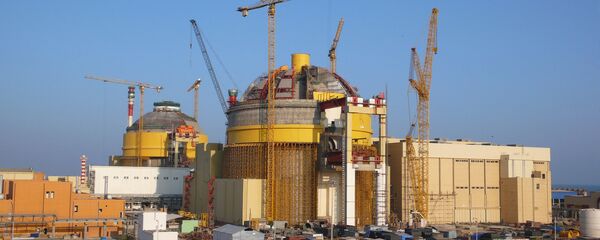Initially scheduled to start in 2014 and be completed by 2020, construction has been delayed several times since then.
In 2010, Moscow and Hanoi signed an intergovernmental agreement on energy cooperation. The document included construction of the country’s first NPP, Ninh Thuan-1. The agreement also presumed a Russian state loan of $8 billion to fund the project.
However, it would be incorrect to say that Vietnam has abandoned plans to cooperate with Russia in nuclear energy, said Rafael Arutyunyan, deputy research director at the Nuclear Safety Institute of the Russian Academy of Sciences.
"Vietnam wanted to build two nuclear power plants, the first with Russia and the other with Japan. There were also talks about a third NPP, in cooperation with South Korea. It is completely incorrect to say now that Vietnam has scrapped a project with Russia. The situation is about revising the national nuclear energy plan," Arutyunyan said in an exclusive interview with Sputnik Vietnam.
"First, it is economy. Two years ago, Vietnam saw acceleration in growth but now its economy is slowing down. As a result, energy consumption has decreased, and the government now does not expect a shortage in electricity," he pointed out.
He added that now there is less money in Vietnam than two years ago, which also creates an additional obstacle for construction of an NPP.
"Second, despite the long-standing plans to build an NPP, Vietnam still lacks nuclear infrastructure and a legal framework to keep nuclear energy facilities operating. When a country wants to build its first NPP usually this is a very difficult and time-consuming process. Such a country needs a nuclear regulator to control all nuclear energy related operations. Well-trained personnel are also needed. Currently, Vietnam cannot match both requirements," Arutyunyan said.
However, because of the advantages of nuclear energy, including low production costs and the high level of environmental safety, the "Russia-Vietnamese project will be delayed, but not scrapped," he suggested.



